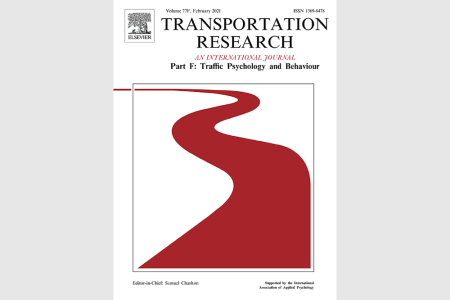SWOV researchers Varotto, Jansen, Bijleveld and van Nes coauthored the article 'Adaptations in driver deceleration behaviour with automatic incident detection: A naturalistic driving study' in the magazine Transportation Research.
Traffic congestion and crash rates can be reduced by introducing variable speed limits (VSLs) and automatic incident detection (AID) systems. Previous findings based on loop detector measurements have revealed that drivers reduce their speeds while approaching traffic congestion when the AID system is active. Notwithstanding these behavioural effects, most microscopic traffic flow models assessing the impact of VSLs do not describe driver response accurately.
This study analyses the main factors that influence driver deceleration behaviour while approaching traffic congestion with and without VSLs. The Dutch VSL database was linked to the driver behaviour data collected in the UDRIVE naturalistic driving study. Driver engagement in secondary tasks and glance behaviour were extracted from the video data. Linear mixed-effects models predicting the characteristics of deceleration events were estimated

